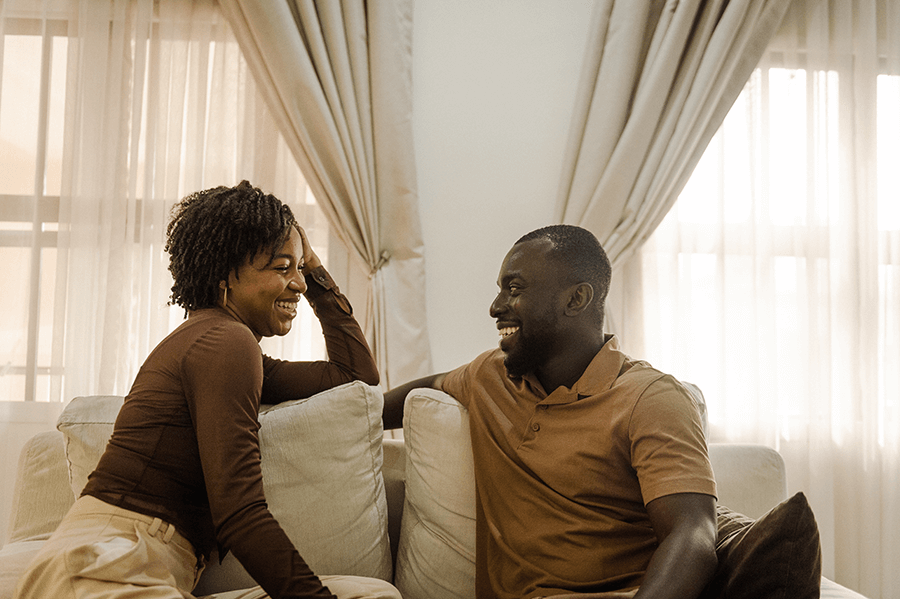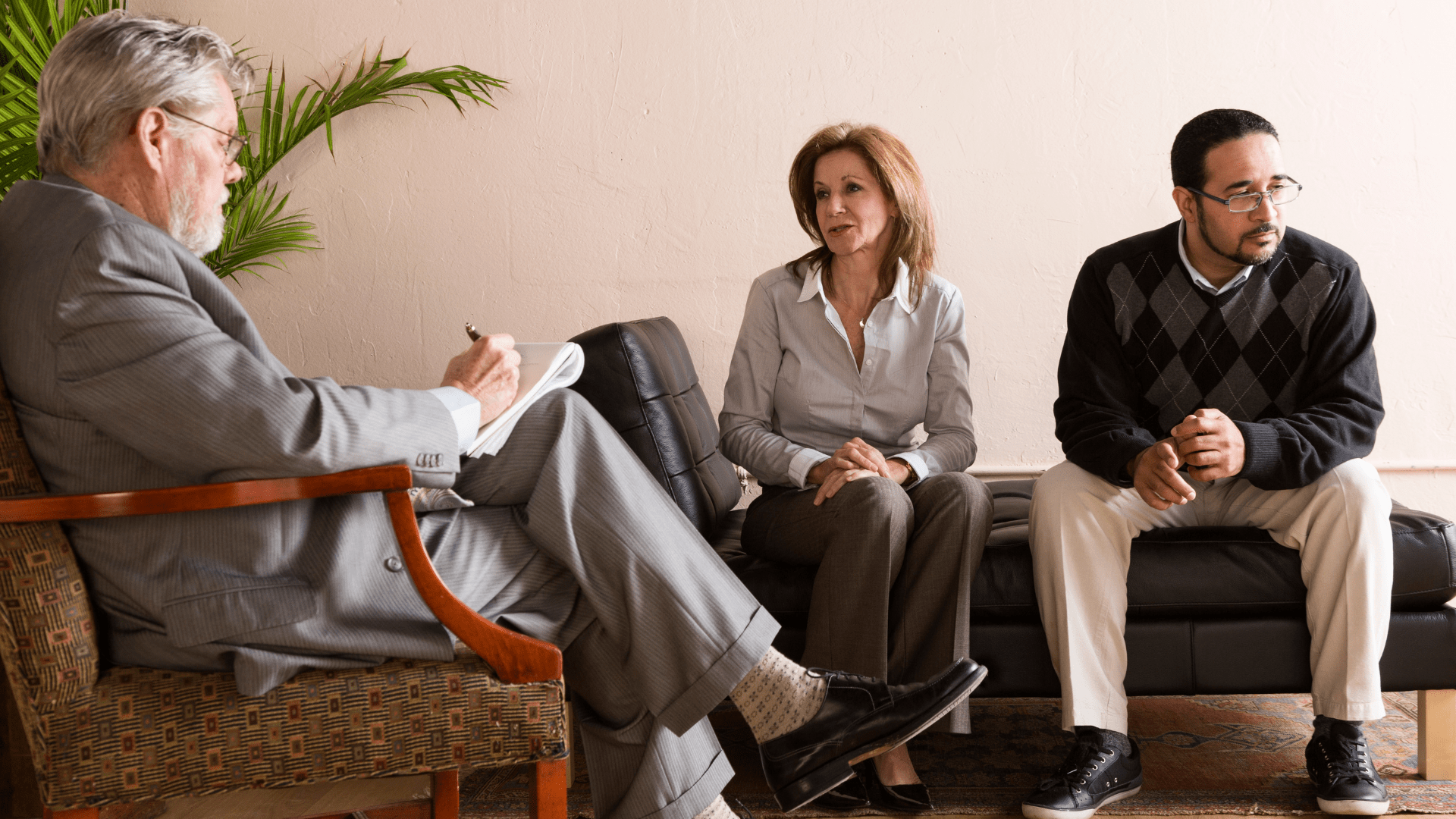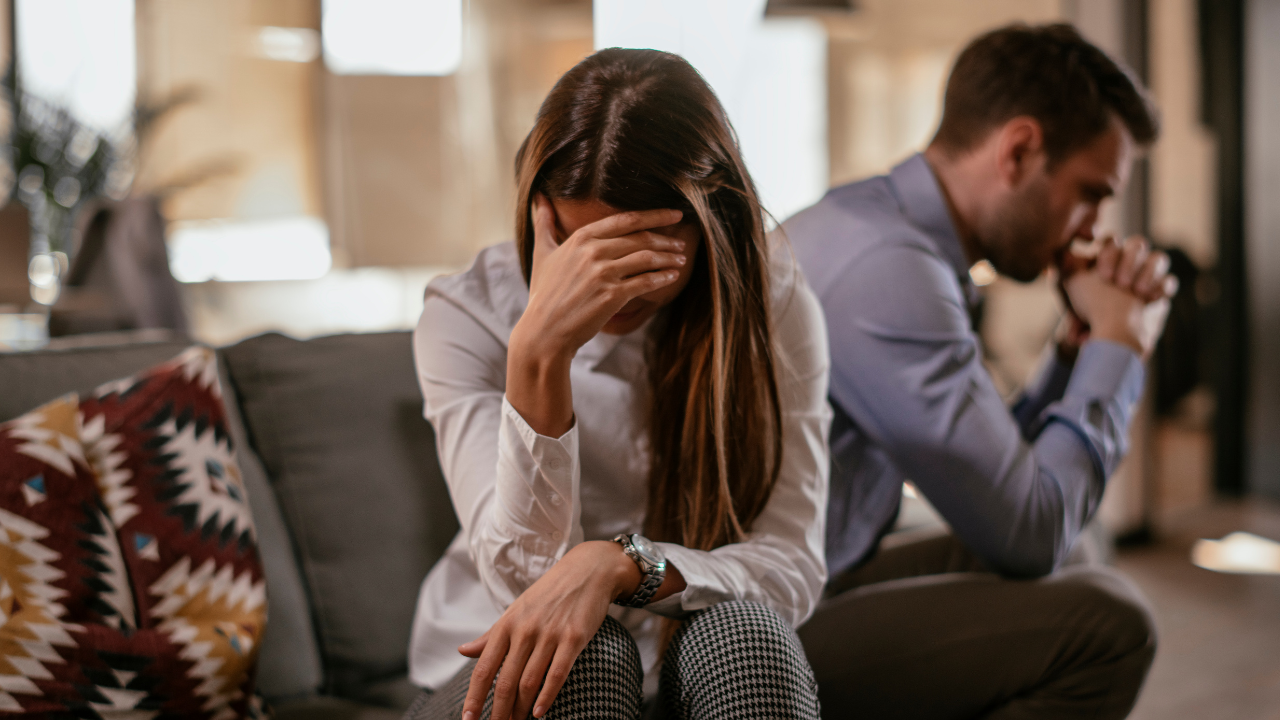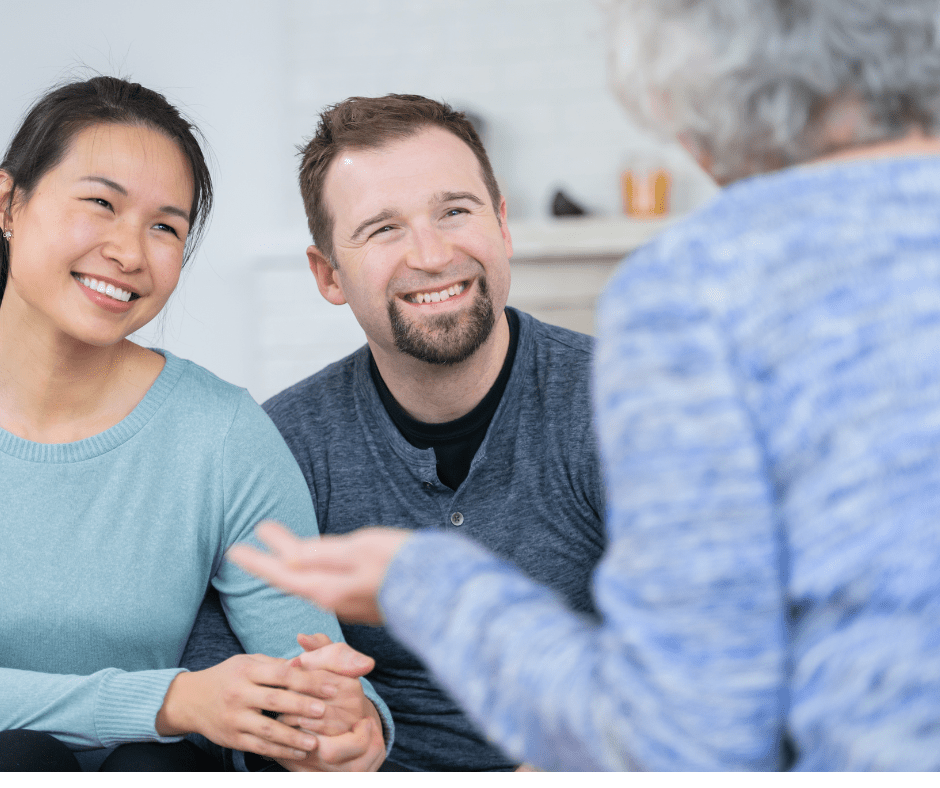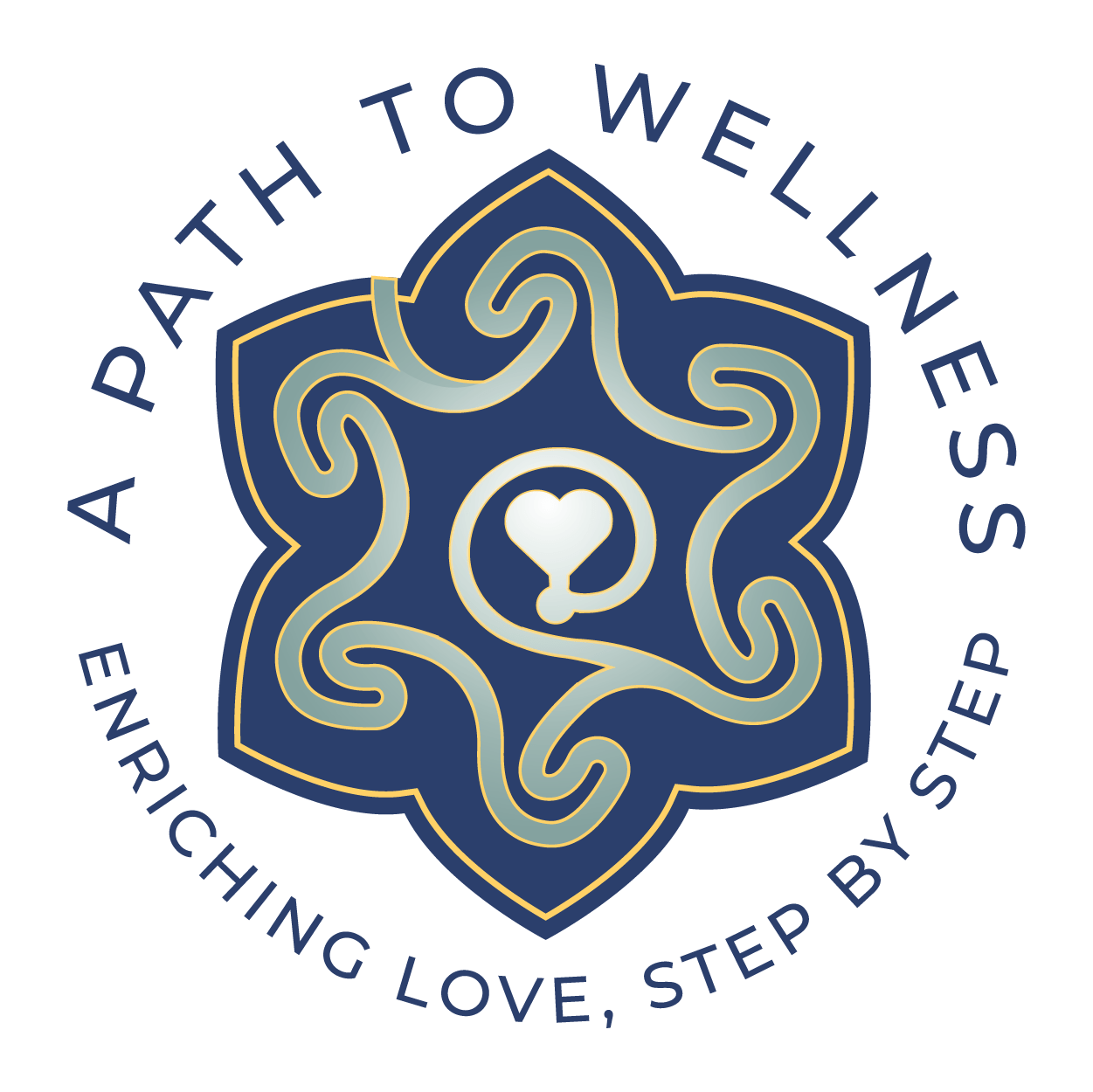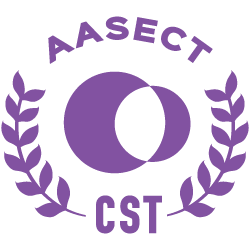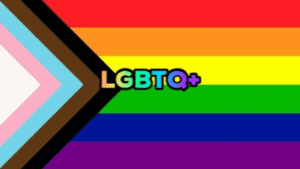Renowned couples therapist Orna Guralnik shares insights on changing relationships in The New York Times Magazine. Guralnik shares a virtual therapy session with pandemic couple Syl’violet and Matthew in 2020. She uncovers deeper issues in their conflicts, highlighting the transformative power of understanding each other’s perspectives. This article examines societal influence on couples’ dynamics and therapy, exploring power, privilege, gender norms, and biases.
Understanding Each Other’s Perspectives
Guralnik shows couples struggling to see beyond entrenched perspectives and embrace partners’ experiences and autonomy. However, Recent shifts prompt individuals to question biases and acknowledge the impact of class and race on relationships. By acknowledging the broader forces at play, couples can transcend assumptions of sameness and truly empathize with each other’s viewpoints.
Evolving Conversations and Therapeutic Impact
As a therapist, Guralnik sees changes in couples’ conversations over eight years. Previously, discussions about class and race were often met with discomfort and deflection. However, the national discourse on power, privilege, gender norms, and racism prompts reflection on unconscious biases. Guralnik shows how newfound awareness improves therapy sessions and benefits patients’ outcomes.
Navigating Divisiveness and Embracing Change
Guralnik acknowledges the resistance and pushback against progressive movements such as #MeToo, Black Lives Matter, and trans rights. However, she emphasizes that engaging with these movements has created deep shifts within individuals, transcending political affiliations. By adopting the language and concepts associated with these movements, couples can navigate complex emotions, address biases, and foster genuine concern for one another. The article stresses that societal change begins at the personal level, and the political becomes deeply intertwined with the personal.
Insights from the “Couples Therapy” Documentary Series
Guralnik reflects on her involvement in the documentary series “Couples Therapy,” which follows the therapy journeys of various couples. The series provides an honest portrayal of therapy sessions while exploring the social factors that shape individuals’ lives and relationships. Guralnik’s training as a psychoanalyst and her integration of systems thinking inform her approach to understanding couples as intricate systems influenced by unconscious behaviors.
The Role of Guilt, Accountability, and Language
Guralnik delves into the challenges couples face when addressing wrongdoing and assigning blame. She explains that individuals resist taking responsibility for causing harm due to the shame and guilt it elicits. However, the ongoing conversations about systemic biases have allowed couples to recognize their unconscious complicity and the need to listen to feedback from others. This understanding extends beyond specific biases and impacts various aspects of couples’ lives, enabling growth and healing.
The Power of Language and Expanded Vocabulary
Language plays a crucial role in societal change, as dominant social groups’ experiences tend to shape vocabulary, often obscuring other perspectives. However, the article highlights how the expanding lexicon around bias and privilege, including terms like “white fragility” and “performative allyship,” has influenced couples’ discussions. This new vocabulary helps couples distinguish between genuine concern for their partner and self-focused behavior, fostering healthier interactions.
Navigating Infidelity and Acknowledging Vulnerability
Guralnik explores a case where infidelity caused significant strain in a couple’s relationship. The #MeToo movement influenced their discussions, initially leading to confusion about forgiveness and the societal ramifications of infidelity. However, as the couple delved deeper into their emotions and vulnerabilities, they recognized that the betrayal extended beyond the individual act. They acknowledged the power dynamics, societal expectations, and toxic masculinity that contributed to the infidelity. This realization allowed them to have more nuanced conversations about healing, accountability, and rebuilding trust.
Reimagining Traditional Relationship Structures
Guralnik also touches on the reimagining of traditional relationship structures. She acknowledges that societal norms have historically favored monogamy and heterosexual relationships, marginalizing alternative relationship styles such as polyamory, open relationships, and same-sex partnerships. However, as conversations about inclusivity and acceptance have gained momentum, couples are exploring non-traditional relationship dynamics, challenging the traditional notions of love and commitment. Guralnik encourages couples to have open and honest discussions about their needs and desires, emphasizing the importance of consent, communication, and mutual respect in any relationship structure.
Addressing Power Imbalances and Gender Norms
The article highlights the significance of addressing power imbalances and dismantling ingrained gender norms within relationships. Guralnik emphasizes the importance of creating a safe space where both partners can express their needs, desires, and boundaries without fear of judgment or retribution. She urges couples to question traditional gender roles and actively work towards equality and shared responsibilities. By acknowledging and challenging societal expectations, couples can foster healthier, more balanced relationships.
This article by Orna Guralnik explores the evolving dynamics in relationships and the transformative impact of societal conversations about power, privilege, gender norms, and systemic biases. By acknowledging and understanding each other’s perspectives, embracing change, navigating difficult conversations, and reimagining traditional relationship structures, couples can foster healthier, more equitable, and more fulfilling partnerships. Guralnik’s insights as a couples therapist and her involvement in the “Couples Therapy” documentary series shed light on the potential for personal and societal growth through open and empathetic communication within relationships.


